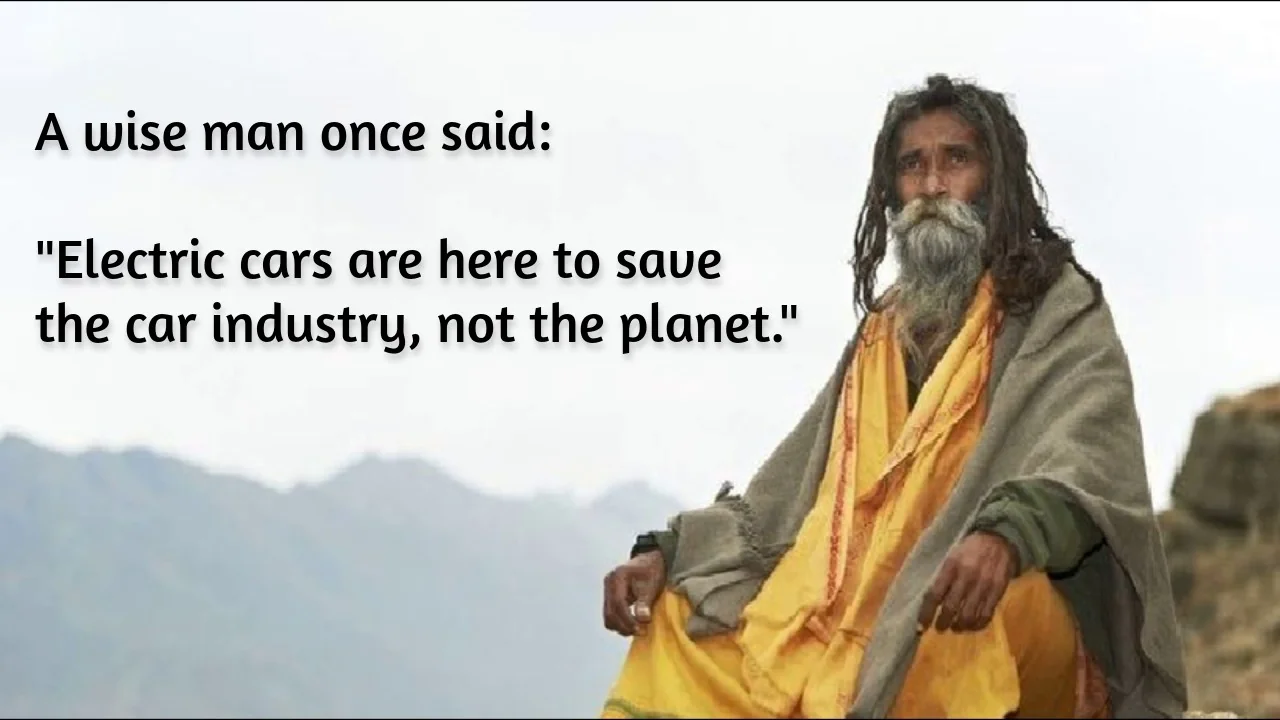view the rest of the comments
Fuck Cars
A place to discuss problems of car centric infrastructure or how it hurts us all. Let's explore the bad world of Cars!
Rules
1. Be Civil
You may not agree on ideas, but please do not be needlessly rude or insulting to other people in this community.
2. No hate speech
Don't discriminate or disparage people on the basis of sex, gender, race, ethnicity, nationality, religion, or sexuality.
3. Don't harass people
Don't follow people you disagree with into multiple threads or into PMs to insult, disparage, or otherwise attack them. And certainly don't doxx any non-public figures.
4. Stay on topic
This community is about cars, their externalities in society, car-dependency, and solutions to these.
5. No reposts
Do not repost content that has already been posted in this community.
Moderator discretion will be used to judge reports with regard to the above rules.
Posting Guidelines
In the absence of a flair system on lemmy yet, let’s try to make it easier to scan through posts by type in here by using tags:
- [meta] for discussions/suggestions about this community itself
- [article] for news articles
- [blog] for any blog-style content
- [video] for video resources
- [academic] for academic studies and sources
- [discussion] for text post questions, rants, and/or discussions
- [meme] for memes
- [image] for any non-meme images
- [misc] for anything that doesn’t fall cleanly into any of the other categories

https://youtu.be/REni8Oi1QJQ
From the end of the video:
In case it's not clear, I'm not against trains, buses, trolleys, trams, and bikeable, walkable cities. Far from it. But regardless of whether cities used to be connected by rail and were bikeable, as stated in the video, they aren't anymore, and haven't been for generations in many cases. So what's the solution in the meantime, while we wait for the slow churning bureaucracy to get its head out of its butt?
A start could be a similar method to the Netherlands. It took them a few decades to get their cities car free again. Whenever a city road was due for resurfacing/redevelopment, instead of just slapping down the same road and calling it a day, other options are considered like adding bus lanes, trams, or bike lanes while reducing the total number of car lanes.
The best part here is it can be done locally. The municipality can decide they want change and commit to a redesign.
That actually sounds reasonable. Are these options and methods being considered in America already? I want to see something like this happening in places like the LA metropolitan area and the Bay Area, the most notoriously gridlocked areas in California, which seems like the most car-centric state in the US.
To find more info about the push for this kind of redevelopment in America I would look to the movement Strong Towns.
https://www.strongtowns.org/
Thanks! Unfortunately there isn't a chapter near my location, the nearest one is 40 minutes away. Still, glad to see a movement already exists!
I live in the Boston area, and while it doesn't seem like it would compare to a place like the Netherlands, it's slowly going in that direction by acknowledging a shift in focus. Places like here and New York are slowly respecting bicycles as a more viable city transport, and expanding the rail/bus systems. If that mindset can continue to occur each time the city planning office receives a complaint about lane congestion, or a city block that's fallen into disuse, it can make some slow changes that make walking/biking/training a little bit better. They won't replace the backbone of the city, but often they don't need to.
I think the link below compliments the video above. It it from the same channel. This seem to be a compounded issue. https://youtu.be/7IsMeKl-Sv0
Yup. And the worst part is, most people do not realize that this is even in issue, let alone how many other problems or creates. Especially ecological ones.